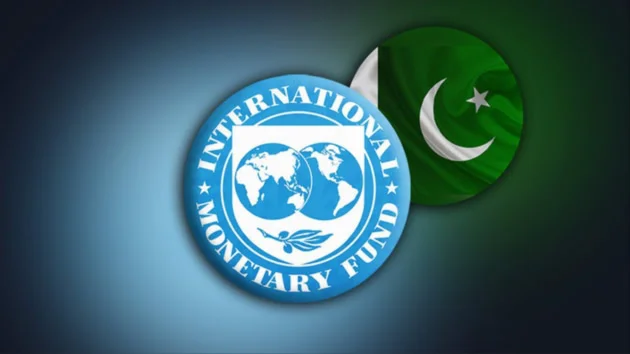Islamabad, May 19, 2025: The International Monetary Fund (IMF) has officially recognized the ongoing efforts by Pakistan’s four provincial governments to implement a unified property taxation system beginning in the fiscal year 2025-26.
This reform aims to replace the outdated rent-based valuation model with a modern capital valuation framework, marking a significant step toward tax fairness and transparency across the country.
According to the latest IMF report, this harmonized property tax initiative is part of a broader tax reform strategy.
Notably, all provinces have revamped their Agriculture Income Tax (AIT) structures to align closely with federal tax laws.
Small farmers will now be taxed under the federal personal income tax regime, while commercial agricultural operations will adhere to the corporate income tax regulations.
These changes, effective from January 1, 2025, are expected to broaden the tax base and enhance revenue collection, with the first installment due in September 2025.
The IMF highlighted the collaborative role of the World Bank in helping provincial administrations devise robust implementation plans.
These plans include enhanced compliance mechanisms aimed at identifying underreported income and launching public awareness campaigns to ease the transition for taxpayers.
By June 2025, provinces are expected to finalize these strategies to ensure smooth enforcement of the new taxation framework.
In parallel, provincial authorities are progressing toward reforming the Goods and Services Tax (GST) on services by shifting from a “positive list” to a “negative list” approach starting FY26.
While each province’s negative list varies due to local conditions and agreements, it consistently covers critical sectors such as healthcare, education, and government services, ensuring essential services remain exempt from GST.
The forthcoming National Tax Council (NTC) meeting, slated for early April 2025, will provide a platform for federal and provincial representatives to discuss and potentially finalize the harmonized property taxation system.
Read More: Pakistan Must Meet 11 IMF Conditions to Get Funds
Why This Matters:
Transitioning to a capital valuation system for property tax aligns Pakistan with international best practices, potentially increasing fairness and predictability for property owners.
Compared to the rent-based model, which often underestimates property values and leads to revenue shortfalls, the new system promises a more accurate reflection of property wealth.
Experts argue this reform could unlock additional fiscal resources vital for provincial development projects.
What’s Next:
Stay tuned as Pakistan moves closer to a more transparent and equitable tax system. Property owners, farmers, and businesses should prepare for these changes and keep an eye on official announcements in the coming months.









